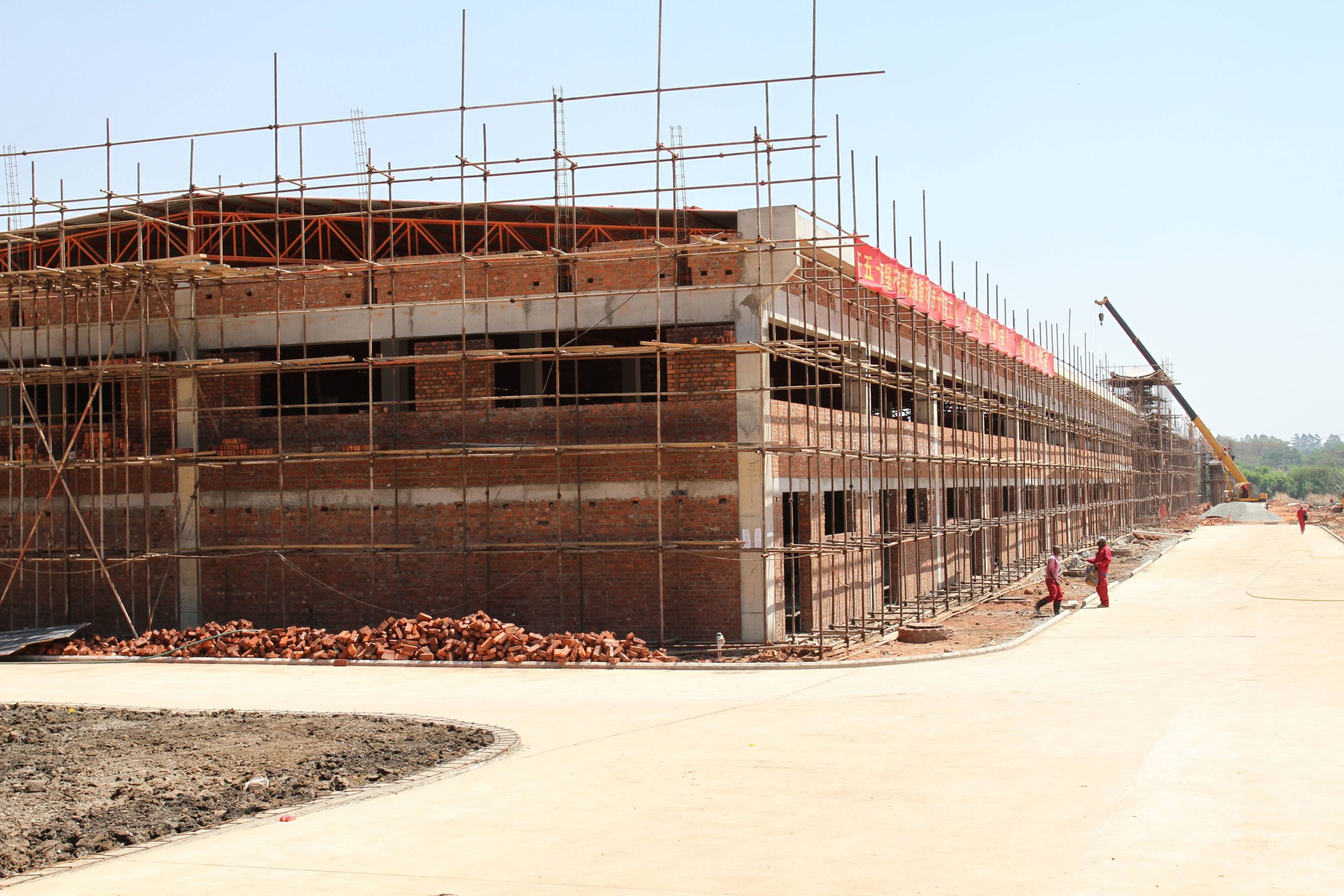
Most Chinese companies in Zimbabwe violate local regulations and abuse workers with impunity because they are protected by the country’s leaders, a new book has revealed.
REPORT BY PATRICE MAKOVA The book, Win-Win Partnership? China, Southern Africa and Extractive Industries, said although such activities have been exposed by a government audit into the mining sector, it remained to be seen what the authorities would do.
“The reaction of the Zimbabwe government will be a real test of the all-weather friendship that has characterised China-Zimbabwe relations in the recent years,” said the book by Southern Africa Resource Watch (SRW).
The book said Chinese investment in Africa did not promote a win-win scenario, as it was skewed in favour of the Asian country, blaming this on the continent’s leaders, while noting that China was simply pursuing its national interests, seeking opportunities where they existed.
It said China could not be held accountable for the absence of appropriate mechanisms and administrative issues.
But in Zimbabwe, the book said despite violating regulations, it was grossly exaggerated to label China’s engagement in Sadc’s extractive industry as conforming to a neo-colonial exploitative approach.
Investment appeared geared to the longer-term, with large Chinese corporations having entered into win-win joint venture operations with Zimbabwean state enterprises and private investors.
It also concluded that Chinese companies in Zimbabwe did not adopt a “one size fits all” approach, as there were both large operations and small-scale individual investors who were capitalising on the good bilateral relations between Harare and Beijing, to establish themselves into the mining sector.
- Zim-China relations: Web of lies, propaganda, capture
- Zim-China relations: Web of lies, propaganda, capture
- Chinese investment projects spark ecological concerns in Africa.
- Corruption Watch: Chinese investments: Is govt changing tack?
Keep Reading
Economist Itai Zimunya told The Standard that there were a lot of myths about China’s involvement in Zimbabwe, one of them being that the Chinese are a blessing to the country.
“At the heart of Chinese investment in the country is not Zimbabwe’s but Chinese development, with benefits of infrastructure and employment being peripheral benefits,” he said. “Do we want to celebrate secondary benefits?”
Zimunya said another myth originating mostly from Western scholars was that China was Africa’s new coloniser.
“This notion must be dismissed with the contempt it deserves,” he said. “The Chinese are exploiting Africa just like Europe has been doing for over 300 years.”
He said it was necessary for Zimbabwe to develop programmes that guarded the country’s wealth for the benefit of all citizens.
Zimunya said the problem with the current Sino-Zimbabwe relationships was that, it was only benefiting a political elite with the majority being marginalised.
He said the construction of Chinese hotels in Mutare, Harare and the defence college in Mazowe was of no benefit to the majority of Zimbabweans.
“Zimbabwe needs education, health and other social necessities and not a defence college,” he said. “We need to ask the Chinese why they do not have a fund to support Zimbabwe’s colleges and universities, in order to facilitate technology transfer?”
Zimunya said Zimbabweans were failing to negotiate international contracts in a win-win situation because they did not have what Professor Jonathan Moyo called “crafty competency and statecraft”.
Zimunya cited the case of De Beers which mined diamonds in Marange in the 1990s, but pulled out claiming that they were of poor quality and could not be extracted commercially, yet current events on the grounds pointed otherwise.
Business ethics and strategic leadership expert, Professor Mufaro Gunduza said the book revealed that when China was dealing with Africa, Europe or the United States, the country had no uniform approach and relied on local legislation.
He said the reason why Zimbabwe and most African countries were not getting maximum benefits from their engagement with China was weak legislation and wrong priorities by leaders.
“China makes it clear that it has a business approach and only responds to what African governments want,” said Gunduza. “If you tell them to build the African Union headquarters or the Defence College or provide arms, they will do that as long as it advances their interests.”
He said Africa must put its house in order to leverage its affairs with China and engage the country from a clear policy framework.
He said most of the abuses of workers by Chinese employers were swept under the carpet by an African political elite ready to protect them.
Gunduza said the Chinese respected labour laws in countries such as the USA, where they were a major player in the textile sector, but faced allegations of abusing and exploiting workers in Burma and Vietnam, where the laws were lax.











